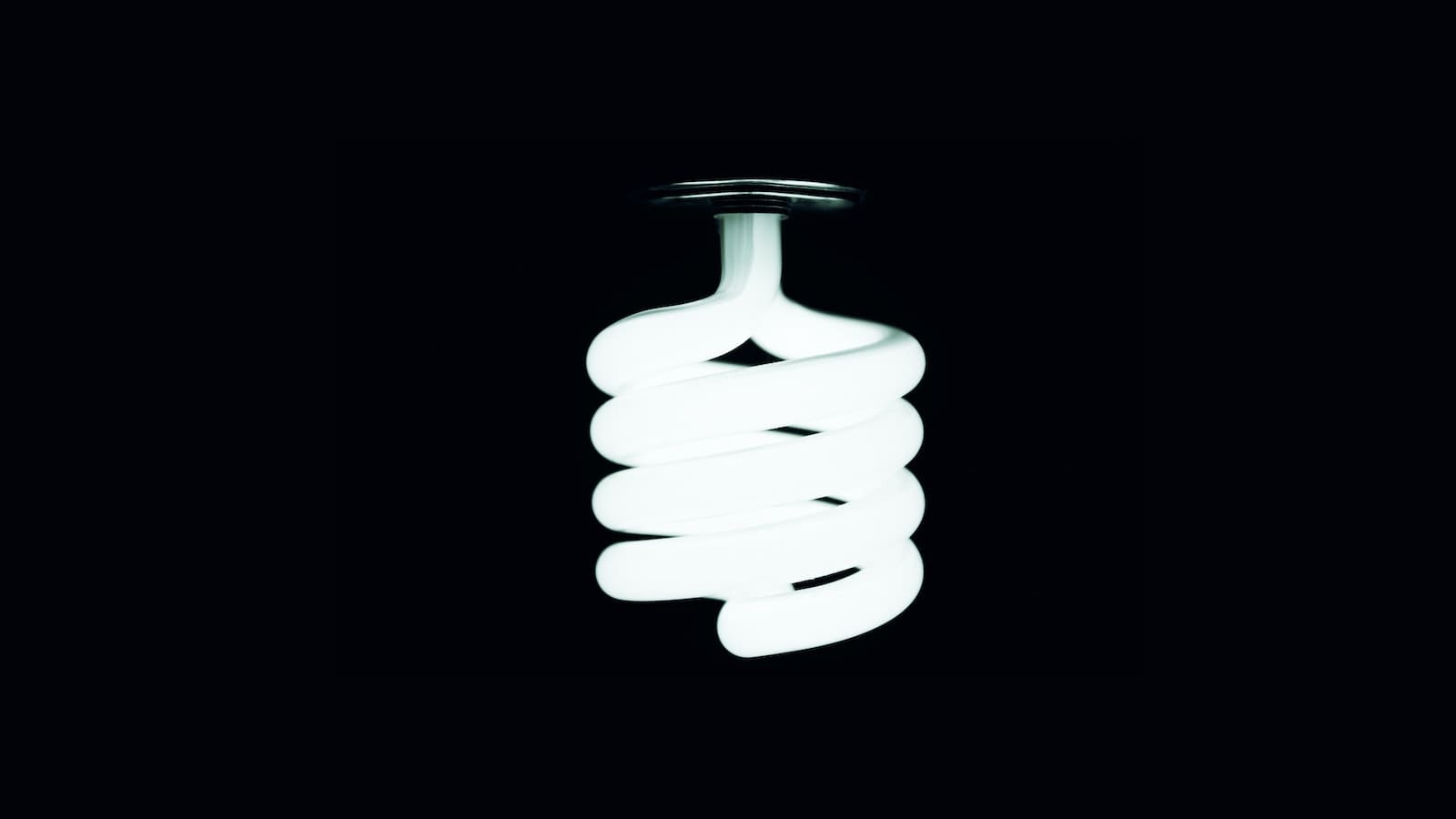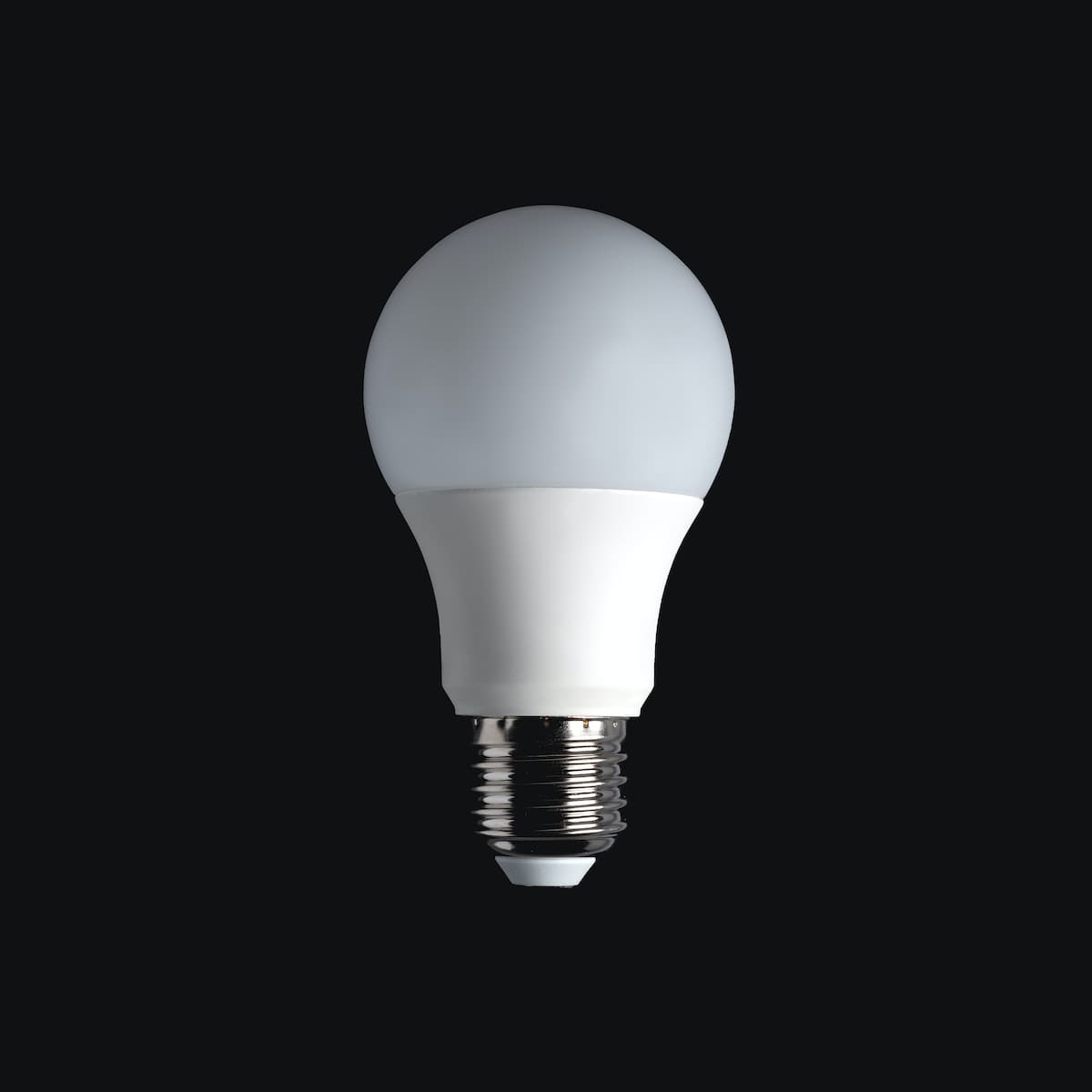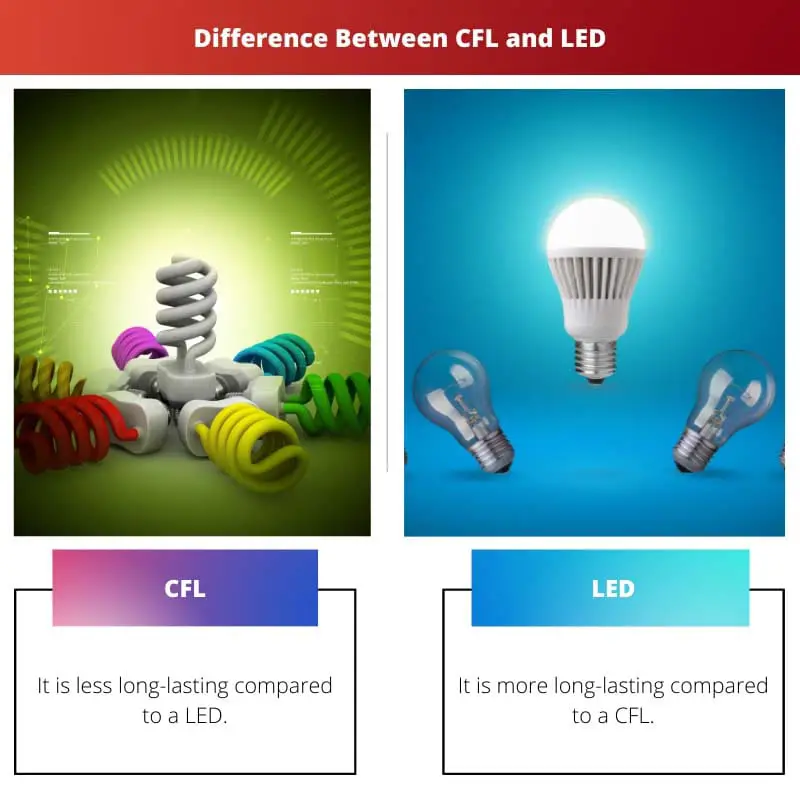Both CFL and LED are sources of light. CFL stands for Compact Fluorescent Lamp, and LED stands for Light Emitting Diode.
Key Takeaways
- CFLs contain small amounts of mercury and require special disposal, while LEDs do not contain mercury and are safe for disposal in the regular trash.
- CFLs use more energy and have a shorter lifespan compared to LEDs.
- LEDs emit less heat than CFLs and are, therefore, more energy-efficient.
CFL vs LED
The difference between CFL and LED is that CFLs need a lot of electricity to start initially. Hence they take time to light up, whereas LEDs light up instantly. The CFL tube contains a small amount of argon and argon vapor. LEDs work on the principle of the p-n junction diode.

CFL was created as an alternative to incandescent bulbs, which consumed a lot of energy and were very less efficient than a LED.
It is made from a p-n junction diode. LEDs light up instantly. LEDs are efficient and can be available in various colors just by changing the number of impurities inserted in the p-n junction.
Comparison Table
| Parameters of Comparison | CFL | LED |
|---|---|---|
| Life Span | It is less long-lasting compared to a LED. | It is more long-lasting compared to a CFL. |
| Efficiency | Its efficiency is from 40-60 percent, depending on the type of bulb. | Its efficiency is from 70-90 percent, depending on the type of bulb. |
| Environmental factors | It is less eco-friendly, and it is difficult to dispose of CFL bulbs. | It is eco-friendly and can be easily disposed of. |
| Alternative to | It was invented as an alternative to the incandescent bulb. | It was invented as an alternative to CFL bulbs. |
| Energy Consumption | It conserves less energy compared to CFL. | It conserves more energy than LED. |
What is CFL?
CFL stands for compact fluorescent lamp. A CFL is a great energy-saving lamp compared to filament bulbs.
CFLs require time to start so as to evaporate the gas present in the tube. CFLs have been slowly exciting in the markets with the coming of LEDs.
Incandescent bulb’s major disadvantage is that it emits heat. A 75-watt incandescent bulb can get heated up to 330 degrees, whereas a CFL of 15 watts would be as efficient as a 75-watt incandescent and would only produce heat up to 100 degrees.
It also gets affected by cold weather as it increases the initial starting period. Hence a CFL needed a better replacement.

What is LED?
LED stands for Light Emitting Diode. It is a semiconductor device working on the principle of the p-n junction. LED has completely changed the modern world.
LEDs are cost-effective and long-lasting. A LED can last longer than CFL bulbs. A normal CFL has a lifespan of about a thousand hours, whereas a LED can last for 50 thousand to 100 thousand hours, depending upon its use.
A LED has an efficiency of 60-80 percent which means it can convert 60-80 percent of the received energy to light energy. This is very high efficiency compared to CFLs.
LEDs also provide instant on-and-off features and do not flicker or make noise during their start. Hence LED has several advantages over other alternatives in the market.

Main Differences Between CFL and LED
- The disposal of CFL bulbs can be a huge problem as they contain mercury which cannot be easily disposed of; however, LEDs are an eco-friendly option as they are easily disposable.
- A CFL converts 40-50 percent of the total energy to light energy, whereas an LED converts 60-90 percent of total energy to light energy depending upon the type of bulb being used.

- https://www.tandfonline.com/doi/abs/10.1080/09593330.2013.829858
- https://ieeexplore.ieee.org/abstract/document/8101720/